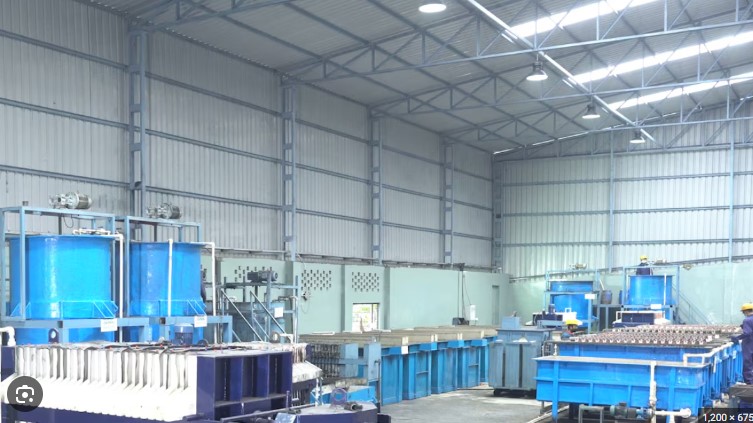

After Budget 2025, battery prices should drop by 10%, according to the CEO of Attero Recycling.
There is still much to be determined about the recently unveiled Union Budget 2025, especially in relation to how a custom duty waiver on essential mineral scrappage will contribute to the growth of EV battery production. These are some
The import tax on vital minerals needed for battery production would be eliminated, according to last year’s budget.
Table of Contents
ToggleAlthough this was a positive step, Nitin Gupta, CEO of Attero Recycling, believes that the policy of removing the Basic Customs Duty (BCD) on the scrapping of key minerals is preferable because the import value of scrap is lower than that of refined lithium.
Additionally, it strengthens India’s recycling and refining capacities, which must be upgraded at a record rate in light of the new regulations.
In essence, it reduces the need for imports. In the supply chain, it adds value. Value addition from scrap to final product occurs in the nation if refining facilities and capacity are being built there. Its nature is somewhat more domestic. Although it still depends on imports, it is not entirely homegrown, but total import values are declining, according to Gupta.


Will these policies help set-up a more robust refining ecosystem?
India cannot expect to develop a resource-independent EV environment without its own battery material refining ecosystem, even if it has significant lithium reserves, which it does not. Currently, China is where 80% of EV battery refinement takes place. Will these regulations be sufficient to expand India’s cobalt and lithium refineries?

“That’s how we interpret it,” Gupta says. “It provides supply stability, lowers input costs, and essentially stimulates increased investment in the nation’s critical mineral refinement.” “Attero is a leader in this field, and I have no doubt that other players will make a commitment to establish capacity and infrastructure for refining in India.”
Will recycling companies play a critical role in refining lithium and cobalt?
The reality is that India’s mineral refining ecosystem is still severely insufficient, despite the fact that companies like Attero and BatX are well-known in the EV battery and electronic waste recycling sectors. However, Gupta claims that refinement is already a part of Attero’s facilities.
“You’re taking that to stage two and producing pure output with an in-house refining facility.” Gupta, who will now be encouraged to import larger amounts of scrap, states, “For refining, we can either take refined battery output or we can import the scrap directly.”
Is this policy and the Clean Tech mission bringing domestic value addition to EV batteries likely to improve significantly?
For the production of batteries, a PLI scheme already exists. Purchasing domestically produced refined lithium carbonate now satisfies some value addition requirements. All of these green technologies will speed up the production of EV batteries, which is the goal of the Clean Tech mission.


